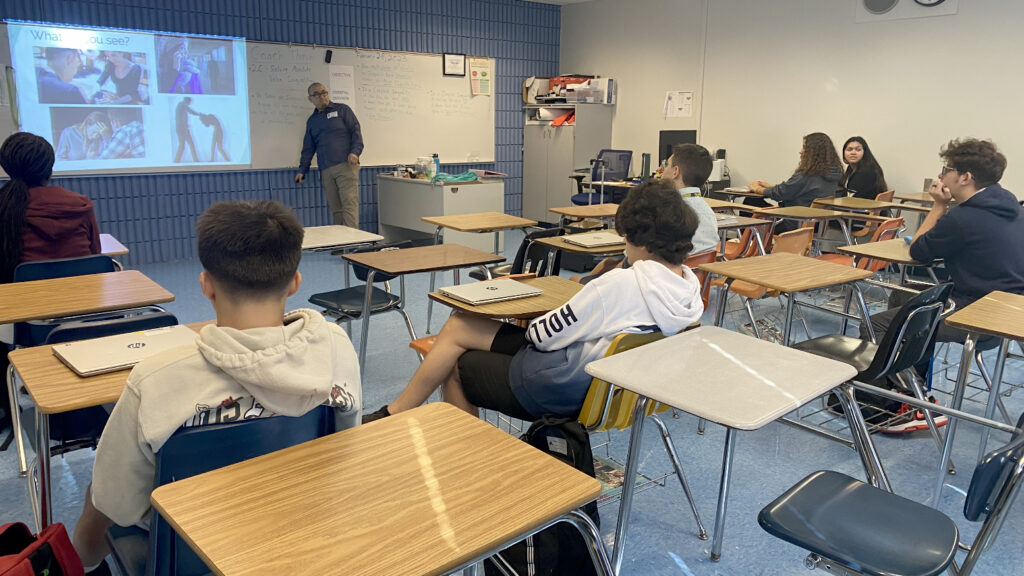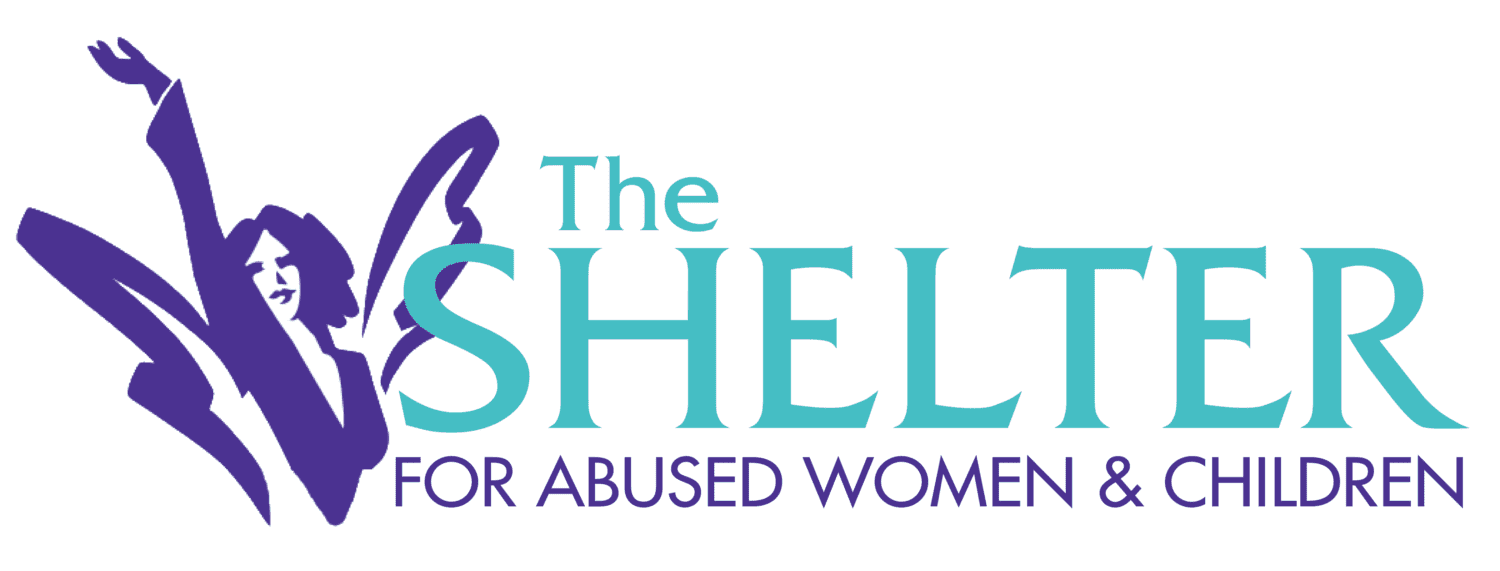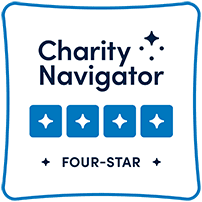Florida Weekly: The Shelter for Abused Women & Children protects against human trafficking through education
 By Joe Landon, Columnist
By Joe Landon, Columnist
Making A Difference
Human trafficking isn’t just a problem elsewhere. It is a problem right here in Florida, where we are third in the nation for numbers of reported cases of human trafficking according to The Shelter for Abused Women & Children of Collier County.
Human trafficking refers to the use of force or fraud to draw a person into slave labor or sexual exploitation. Typically, half of the victims in this form of modern-day slavery are under the age of 18, and the average age is 13.
“And it can happen to anyone, anywhere and in any situation,” says Linda Oberhaus, The Shelter’s CEO. “Therefore, it’s important for all of us to learn to recognize the signs of human trafficking and to do our part to report and combat this horrific crime.”
So, what are the signs? Well, here’s a direct link to a list posted on The Shelter’s website at www.naplesshelter.org/signs-of-ht/.
Should you suspect human trafficking, call the Collier County Sheriff’s Office (CCSO) at 239-252-9300. The CCSO special crimes bureau investigates all human trafficking related complaints.
Education is the key to prevent our young people from falling prey to traffickers, and the Florida Department of Education mandates trafficking prevention programs for students in grades K-12.
Here in Collier County, The Shelter is the service provider for this programming which is rolled into their long-standing school based domestic violence prevention programs. The Shelter’s presentations are created through guidelines from the state and approved by Collier County Public Schools. And during the 2022-23 school year, more than 14,000 students were reached by the programs.
According to The Shelter’s Prevention Supervisor, Giselle Perez, response has been positive from students and teachers. “The students really seem to be interested in this topic and they ask a lot of questions. I never fail to find someone expressing shock when they learn about human trafficking. Expressions such as widening of eyes, suddenly becoming more alert, gasps and even the general response of ‘what’ and ‘really’ can be heard coming from several parts of the room. But I feel fortunate to say that I have not had any students report personal situations of human trafficking to me.”
Ms. Perez says one of her big concerns is that traffickers target vulnerable victims through social media. She worries that many students have followers on social media platforms that they don’t actually know.
“The best way to protect ourselves against human trafficking is through education,” Ms. Perez says. “I believe the information we provide can help prevent a case of human trafficking from occurring because the more you understand something the better equipped you will be if a situation should happen.”
And here’s what the students learn. At the youngest level, kindergarten and first grade, the “Hands are for Helping, not for Hurting” program is taught, which includes identifying when you do not feel safe and how to seek help from a trusted adult.
The middle school program addresses healthy versus unhealthy friendships, bullying and human trafficking. Students learn ways to keep themselves safe on their phones and when using social media.
Then, in high school, the program addresses dating violence and how to identify an unhealthy relationship. It goes into more depth including labor and sex trafficking and how online apps are breeding grounds for traffickers to find and abuse their victims.
The Shelter is on the forefront of the effort to deal with the local human trafficking problem having served 82 victims of trafficking over the years. To learn more about the work of The Shelter visit www.naplesshelter.org. ¦
— Joe Landon is a communications consultant who retired as executive director of communications for Collier County Public Schools in 2014. Contact him at joelandon@outlook.com.






